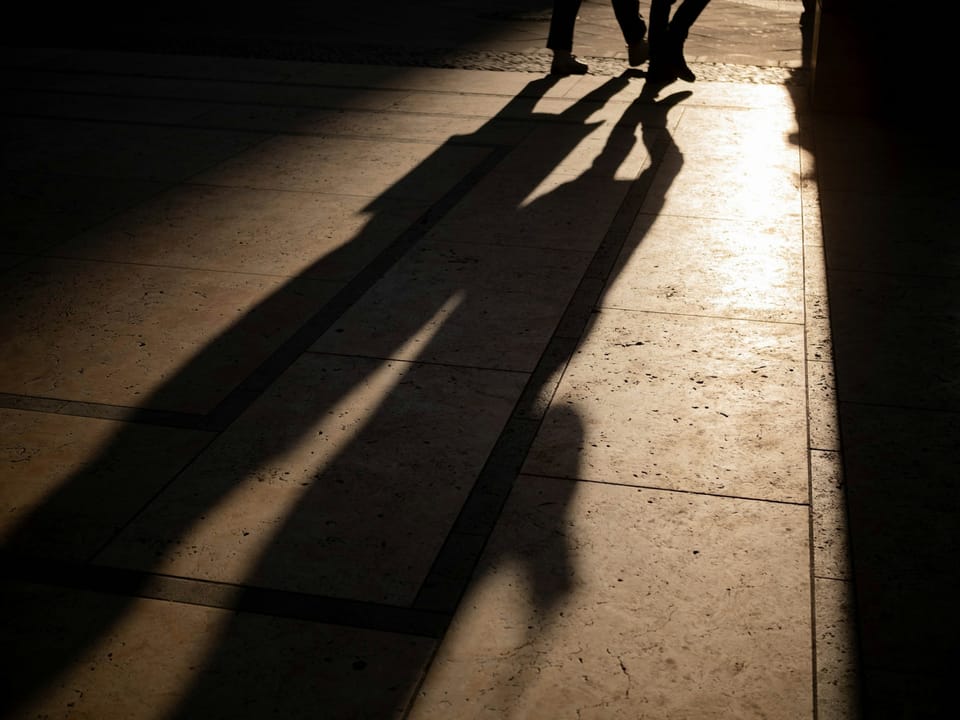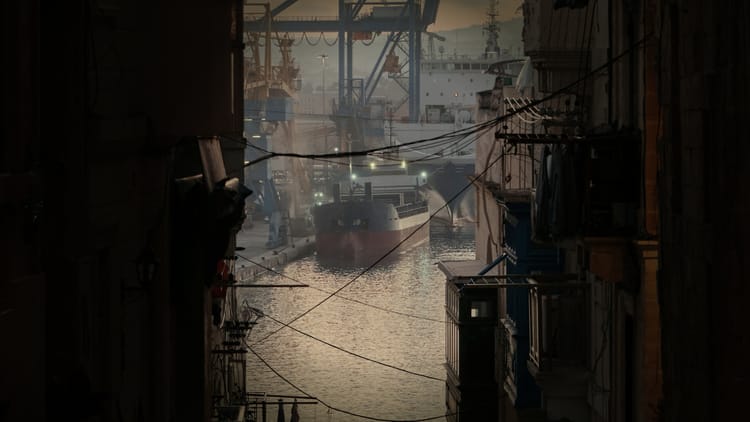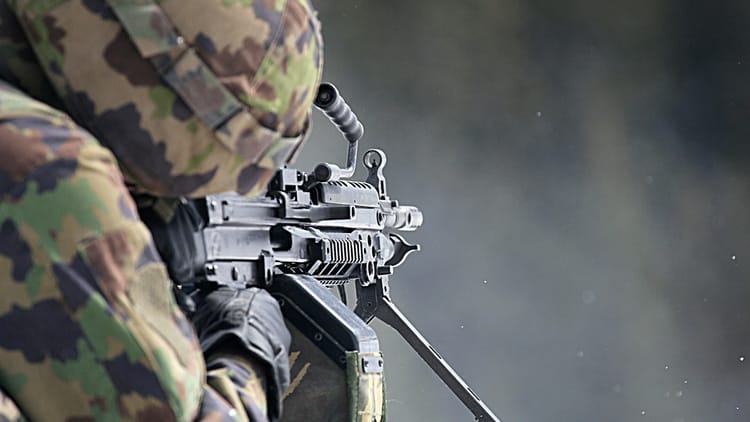Just a shot away

In December 2020, a hunter walking through the woods near Fort Bragg, North Carolina, made a gruesome discovery: two bodies, both full of bullets. Investigators soon identified the dead: One had been a member of the elite unit Delta Force, part of the U.S. Special Forces; the other had served in a role that supported the Special Forces. Both men, it soon emerged, had used their positions within special operations to commit crime—running guns, trafficking drugs, and more.
On investigation, that case revealed a broader pattern of criminality having spread within certain branches of the Special Forces. Since then, there’s been a stream of reports of American special-operations personnel engaging in crime—sometimes with lethal consequences. The home of some of the United States’ most elite units, Fort Bragg saw 105 of its soldiers die between 2020 and 2021—only four in combat; many of the remaining were overdose deaths, some of them unsolved murders.
In fact, in 2023, the Army opened a drug-trafficking investigation into at least 13 Special Forces troops stationed at Fort Bragg. And between 2020 and 2024, there were at least 24 murders involving its soldiers. Something, it seems, isn’t as it should.
What’s going on?
Seth Harp is an investigative reporter, an Iraq War veteran, and the author of The Fort Bragg Cartel: Drug Trafficking and Murder in the Special Forces. Harp says a culture of impunity has taken shape within America’s Special Forces. These units rose to prominence in the U.S. military because of the war on terror—and were also given privileges and protection because of it: They were sometimes handed wads of cash to pay informants, for example, but no one really cared to check how they spent it, and some began smuggling it back home. Meanwhile, traumatized by their experiences of fighting, some Special Forces members turned to narcotics for self-medication. Before long, some began smuggling heroin and cocaine on military planes.
For a while, it seemed as though U.S. authorities wouldn’t tolerate the pattern endlessly. A few years ago, the Army improved security near Fort Bragg. And the federal government created a special prosecutor with jurisdiction over troops involved in serious felonies. But now, Harp says, with the Trump administration’s Department of Defense making clear that it’s not interested in concerning itself with these matters, they’re only apt to get worse …
Gustav Jönsson: What kinds of crimes have people been committing within the U.S. Special Forces?






